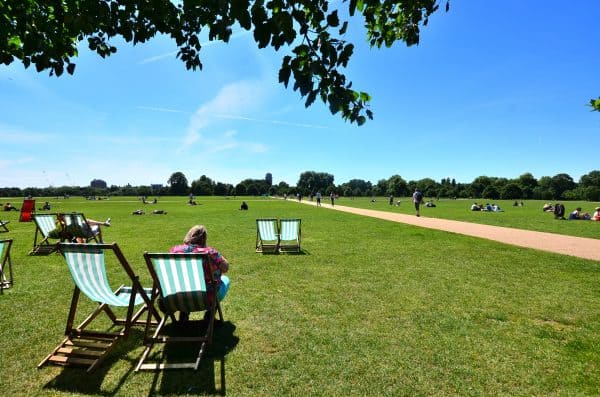- Staff login / Hotline
- 0861 58 58 58
Be intentional about rest this year end

The experience has affected us in all spheres at once – mentally, physically, spiritually, socially, sensory and creatively (we’re looking at the banana bread and pineapple beer enthusiasts). This is why your rest strategy should ideally give all these spheres respite.
Physical and mental rest
Even though most of us have been home for the better part of this year, this still included having to work from home and possibly working longer hours, having lots of screen time because of work or binging on series, and a general lack of physical activity. Now, more than ever, it is important to pay attention to these aspects of your life. Get enough sleep, start jogging or walking to get some sight of new scenery outside of your home office walls. You’ve worked hard to stay abreast of information on the coronavirus as it impacted on your life – but it’s likely that you probably haven’t given your brain time to effectively process the experience and cement new memories. We will need our brains next year to connect the dots that might lead us ‘back to normal’ so try to take care of it by making an effort to stop forcing your brain to work hard.
Spiritual rest
This has been a tough year to ‘keep our spirits up’. From having to deal with and fathom the many lives lost, to spiritual exhaustion from having to pray for friends and family going through job losses and financial difficulties and perhaps for some, this year was a reckoning, demanding you to decide what fulfils you spiritually within or outside of religion. In any case, having to balance this with everything going on takes a toll. Therefore, you need to make space for it by drawing closer to what gives your life meaning and intentionally creating space for it in the everyday.
Emotional rest
Arguably, the hardest task of this year was having to understand and articulate what exactly you’re feeling. Since we’re at the end of the year, perhaps many will conclude that We. Are Ex-hausted. This festive season, remove emotional triggers. Switch off from the news once in a while, create environments where you feel safe to express all your emotions and where necessary, give yourself space from having to react to the emotions of those around you. Most importantly, take time to process your own emotions and talk it through with a loved one or a counsellor if you feel you need it.
Sensory rest
Have we had a quieter period in recent memory? Even the dogs are barking less. With all this social distancing and having to avoid touching things, we might all just be sensory deprived. Some of us have to go back to normal after having fillers such as TV noise and calls to loved ones taking over to fill the gaps. Find new ways to stimulate your senses and bring tactile experiences back into your routine. Go gardening – touch the leaves, touch the soil, smell the flowers. Walk barefoot. Mix dough with your hands. Take more showers and less baths. Eat with your hands. Hug your housemates and tickle your pets. At times sit in silence. All these can nurture your senses and bring balance.
Social rest
Well, social distancing took care of that in a way, but now we have endless virtual meetings and boundaryless social media contacts to contend with. Switch off the devices and make a concerted effort to meet real people with all health protocols observed. If you still feel overwhelmed, then take a break from people in general and do things that make you enjoy your own company.
If you go on a vacation, remember to always carry and use your mask, keep to the recommended social distance and look for well-ventilated or outdoor areas without major crowds, and, of course, if you’re feeling sick, stay away from other people and get health assistance as required.
We are all different and rest means different things to us. Whatever this may be for you, do it and enjoy it thoroughly.
